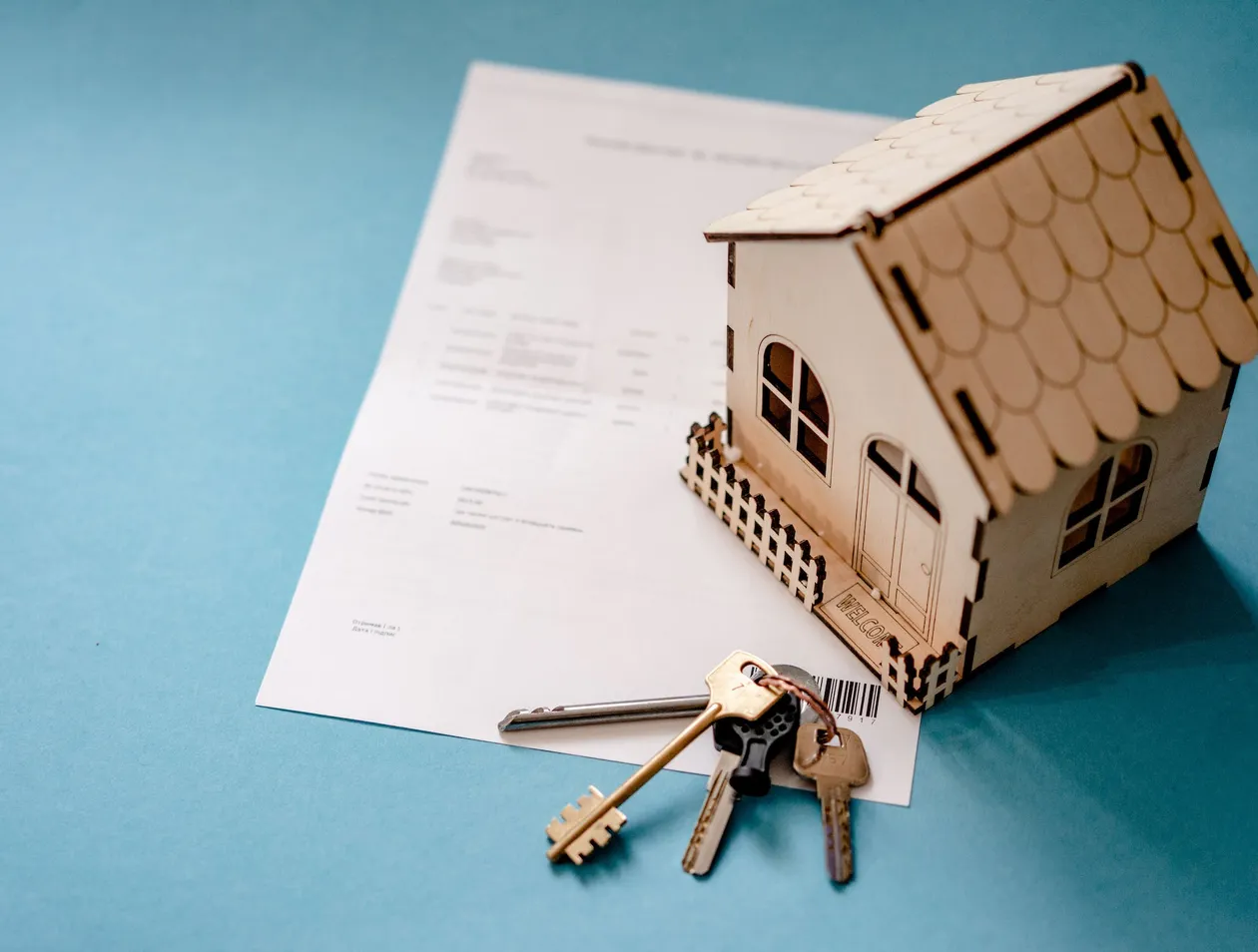Investing in commercial real estate can offer various benefits, such as potential income generation, asset appreciation, and diversification. However, it’s essential to consider several key factors before making such investments. Here are seven key considerations to keep in mind when investing in commercial real estate:
1. Location
The location of a commercial property plays a significant role in its potential for success. Consider factors such as population density, demographics, economic growth, proximity to transportation, amenities, and the overall desirability of the area. A prime location can attract tenants, drive higher rental rates, and contribute to the property’s long-term value.
2. Market Analysis
Conduct a thorough analysis of the local commercial real estate market. Evaluate supply and demand dynamics, vacancy rates, rental rates, and market trends. Understanding the current market conditions will help you make informed investment decisions and identify opportunities.
3. Property Type
Commercial real estate encompasses various property types, including office buildings, retail spaces, industrial warehouses, and multifamily complexes. Each property type has its own considerations and risk profiles. Assess the pros and cons of different property types based on factors like tenant demand, market saturation, maintenance requirements, and potential future growth.
4. Financial Analysis
Perform a comprehensive financial analysis to evaluate the potential return on investment (ROI). Consider factors such as the purchase price, financing costs, operating expenses, rental income, vacancy rates, and potential appreciation. Calculate key financial metrics like net operating income (NOI), capitalization rate (cap rate), cash-on-cash return, and internal rate of return (IRR) to assess the investment’s profitability.
5. Tenant Quality and Lease Terms
If the property has existing tenants or potential for leasing, evaluate the quality of tenants and the terms of their leases. Assess the creditworthiness of tenants, the length of lease agreements, rental escalations, and any lease concessions. Stable and reliable tenants can contribute to consistent cash flow and reduce the risk of vacancies.
6. Due Diligence
Before finalizing an investment, conduct thorough due diligence. This involves reviewing property documentation, conducting property inspections, assessing the condition of the building and its systems, and analyzing any potential legal or environmental issues. Engaging professional inspectors, attorneys, and consultants can help uncover any hidden risks or liabilities.
7. Risk Management
Evaluate and manage risks associated with commercial real estate investments. Consider factors such as market volatility, economic downturns, interest rate fluctuations, tenant defaults, and potential regulatory changes. Diversification, thorough risk assessment, and contingency planning can help mitigate risks and protect your investment.
It’s crucial to note that commercial real estate investing requires careful analysis, extensive research, and a long-term perspective. Consulting with experienced professionals, such as real estate agents, brokers, and attorneys, can provide valuable insights and guidance throughout the investment process.



